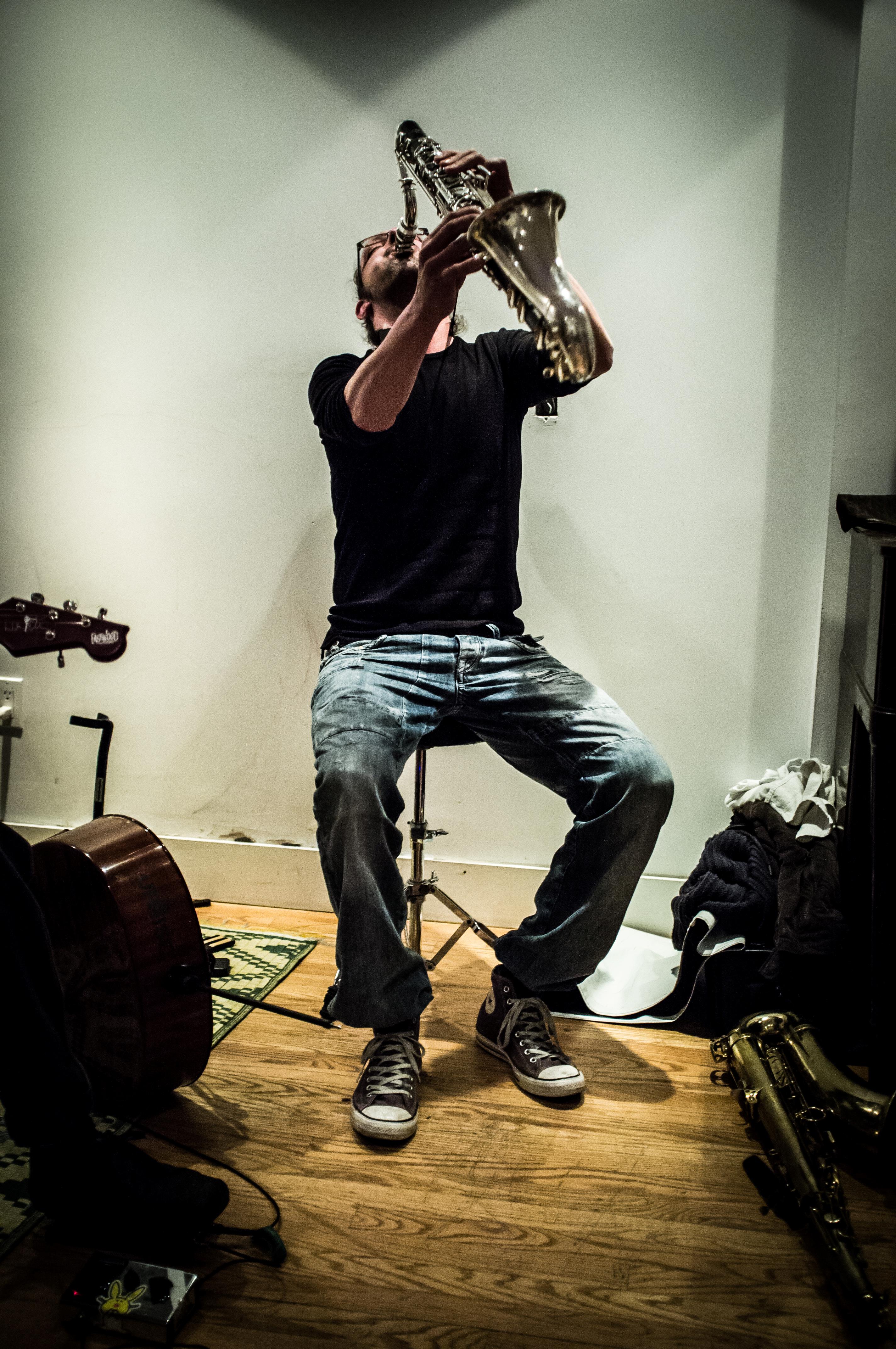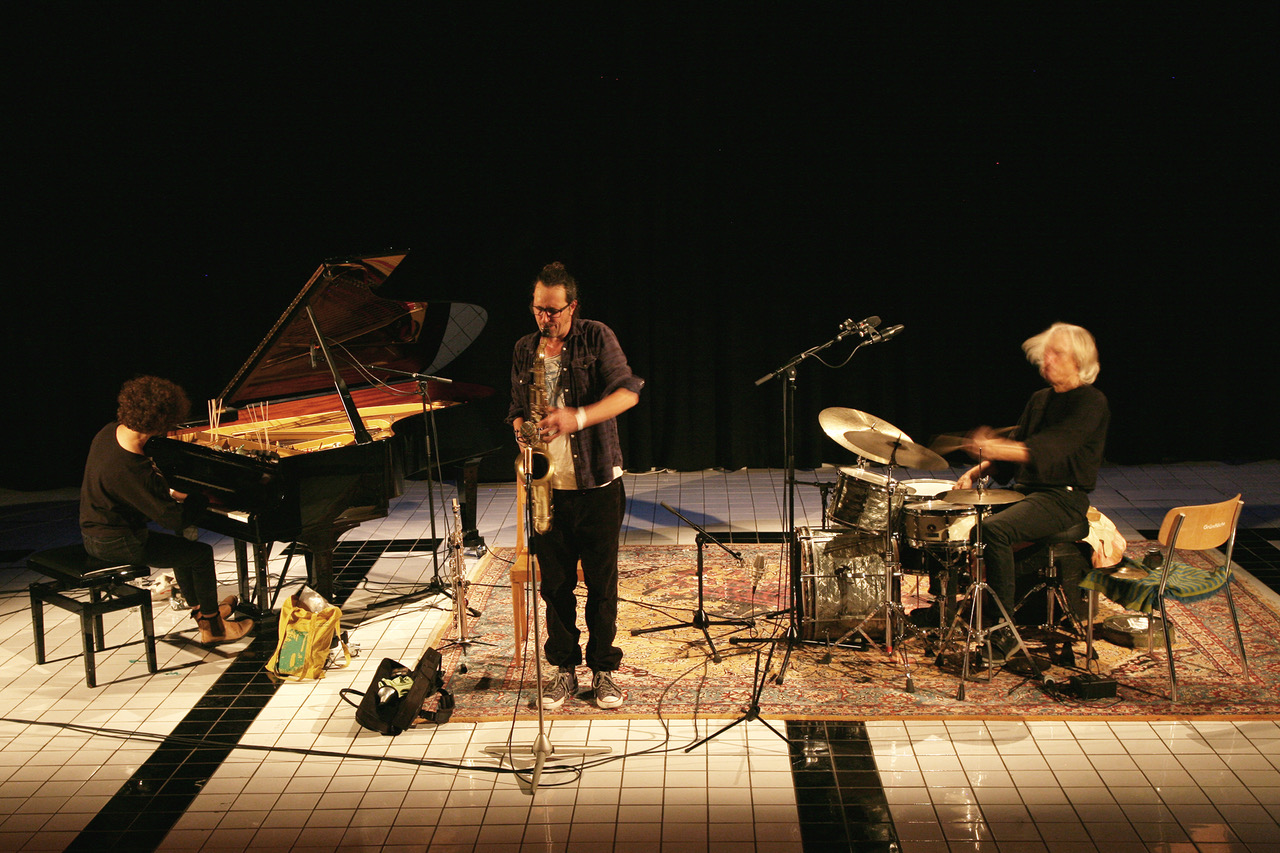Lucerne born Martina Lussi studied art and through listening she got into producing sound art and music herself. She explores nature and everyday life with microphones and an audio recorder and taking her impressions back to the studio, she condenses her listening experiences into installations, performances and studio albums, as well as field recordings and soundwalks.
Friedemann Dupelius
At the beginning of our Zoom conversation, Martina Lussi admits that she feels a bit disorganised. She is currently working a lot in an art library, so she is lacking time to listen and engage with sounds, which is a very important aspect to her. “Listening is something that happens very slow. You can’t just quickly listen to something – you have to start from the beginning and absorb it, otherwise you lose the context. Who really has time to listen these days?”
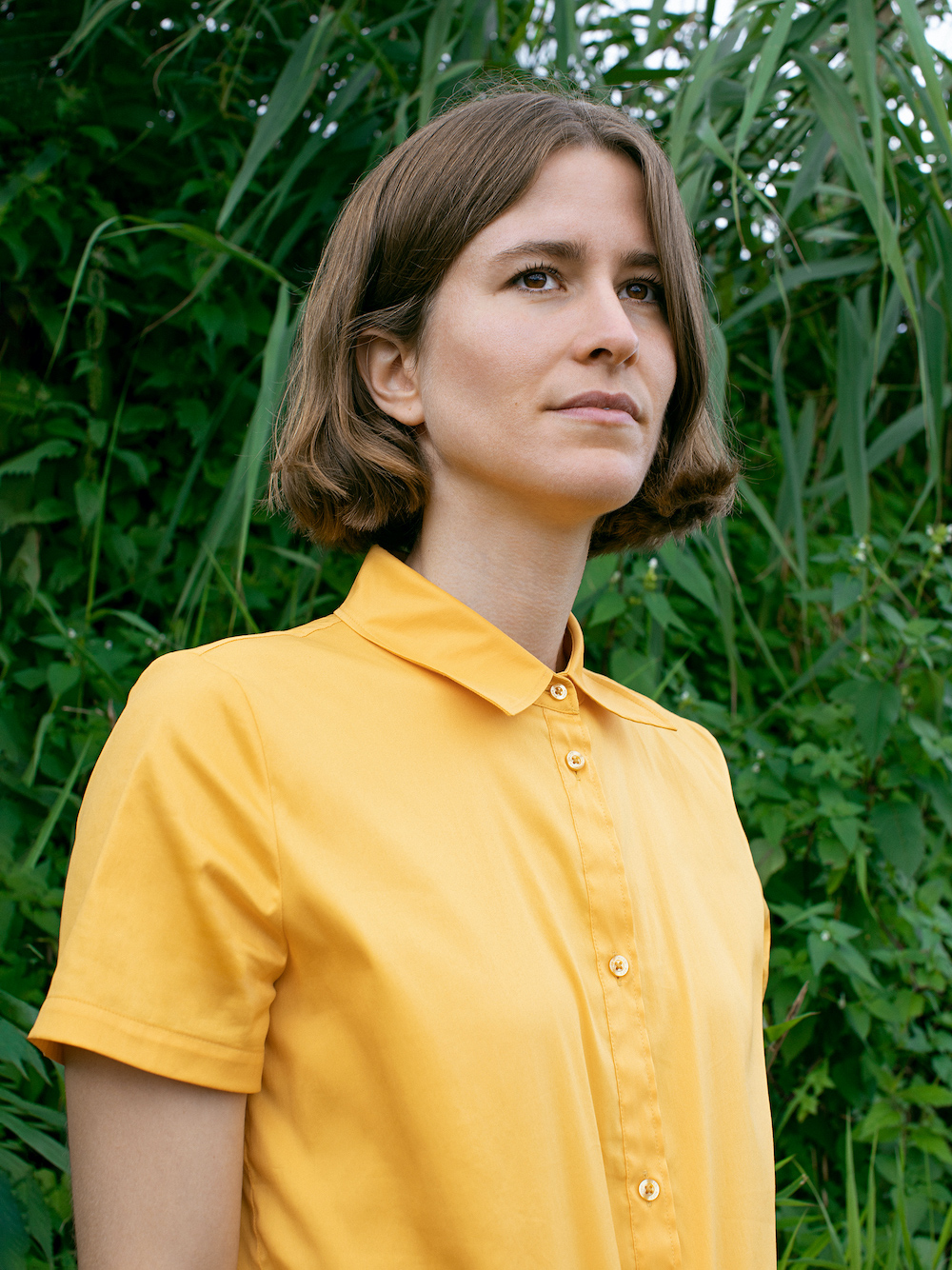
To get in the right mood for our conversation, she has turned her routine route around Lake Lucerne into a soundwalk this morning – in other words, a walk during which you actively listen to your surroundings. She reads out her listening log to me like a shopping list: “Trolleys, conversations, a jogger running past, my jacket, a dog breathing, ship masts, a person imitating a duck…” We both realise that we can imagine the individual sounds, but that such a description lacks one thing: the spatiality and simultaneity of the scenery. “My music thrives on the fact that many different sounds combine and flow into one another. It’s like a stream in which sounds are suddenly very close, only to dissolve into something else again.”
Frogs or wood?
At the end of 2019, Martina Lussi spent a residency in the Brazilian rainforest, where she was able to immerse herself in an unknown soundscape. “Some of the sounds were unsettling because I didn’t recognise them, especially at night. There was a frog for example, that sounded like wood – someone had to explain that to me first.” Her composition Serrinha Do Alambari Soundwalk is based on an audio walk in the village of the same name.
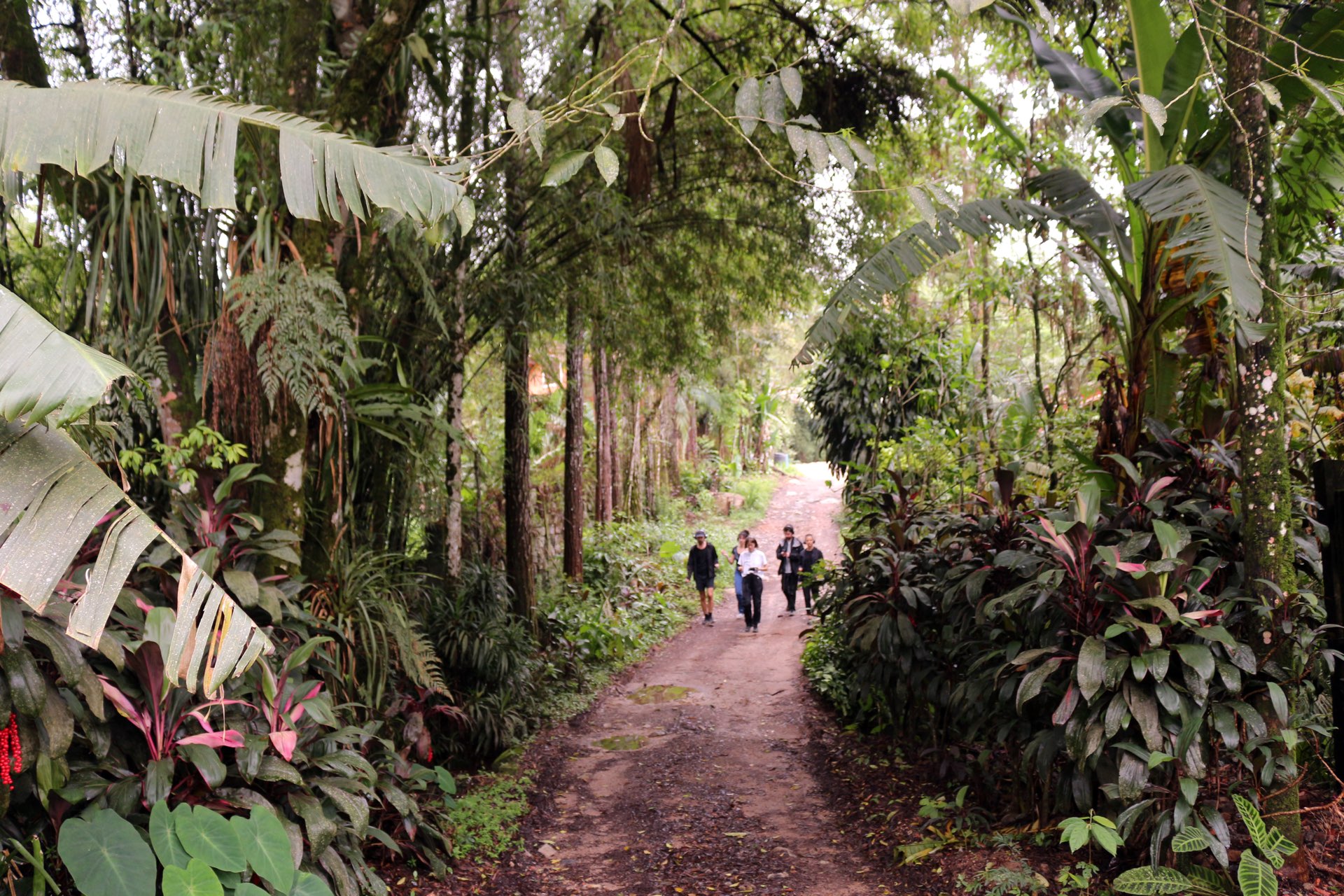
Footsteps of a group of people crunch on uneven ground and set the rhythm, over which one can hear various birds chirping. Gradually, a synthesiser rises like wafts of mist from the soundscape of the rainforest and merges into gentle tropical rain, until at some point the frogs chatter. Martina Lussi is not interested in reproducing the environment as it apparently sounds in reality – she adds artificial sounds and thus creates new sound spaces, such as dreamlike memories. She sometimes does not bother to cut out the wind that blows into the audio recorder. Some field recording purists would consider this a bad recording, but not Martina Lussi.
The composition Serrinha Do Alambari Soundwalk was released on vinyl in 2020 on the label Ōtium, along with a piece by Loïse Bulot.
Coat or birds?
On the contrary: she repeatedly incorporates unwanted background noises into her compositions. In her piece The Listener, these even become the sole material. It consists exclusively of sounds produced by coats. They became the focus of Martina Lussi’s attention while making recordings in nature as part of a research project on bird sounds: “You imagine it to be so idyllic, but early in the morning it’s often so cold that I’m freezing and have to keep moving. As I’m wrapped up in a thick jacket, it just resonates.” She realised that these sounds often sounded like the voices or even the beating of birds’ wings. She took four jackets, improvised with each one for ten minutes and used them to create a four-channel installation and composition.
The piece The Listener is part of the compilation Synthetic Bird Music and was released on tape in 2023 on the label mappa.
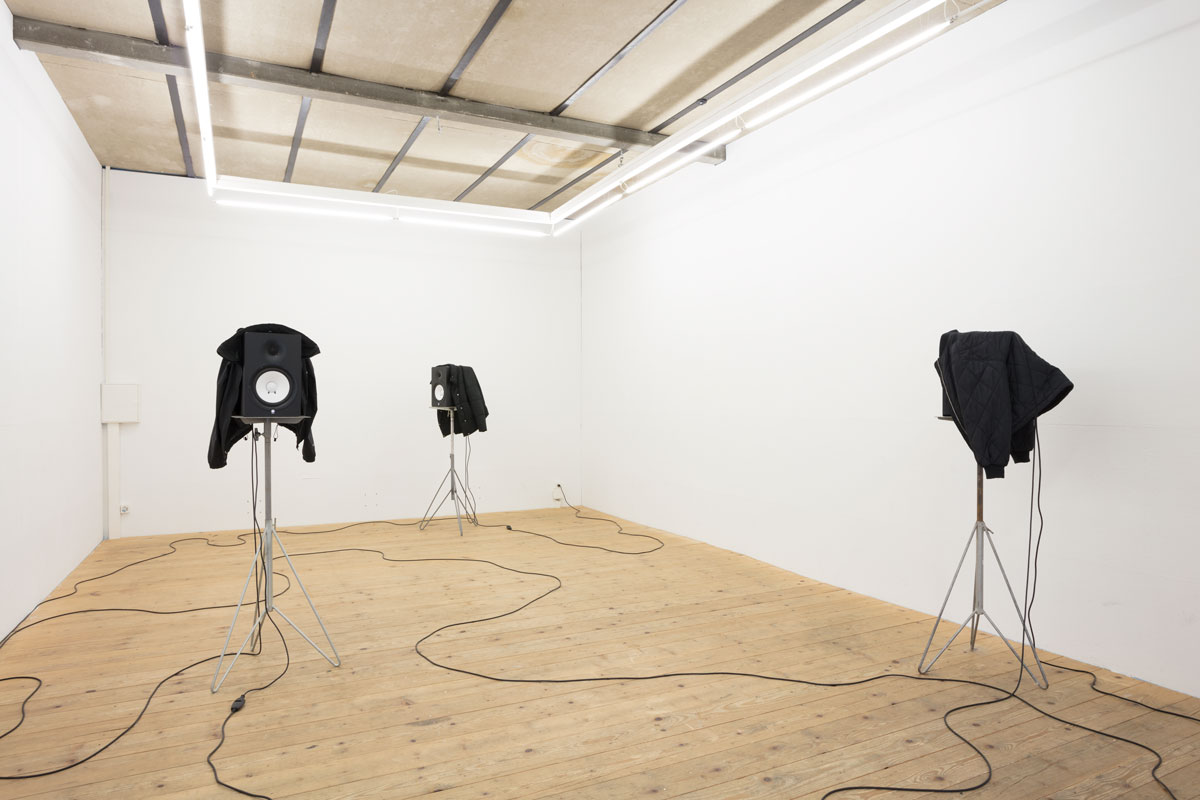
Martina Lussi does not consciously sharpen her ears with listening exercises before she goes into the field: “It happens very casually. When I go into the forest, I smell the oils from the trees, I can’t see far, I automatically enter an attentive state that I don’t have to prepare myself for.” As vividly as she talks about the Brazilian rainforest years later, it becomes clear that listening goes beyond the moment. It creates memories that last for a long time and that you can draw on even in more turbulent times.
Friedemann Dupelius
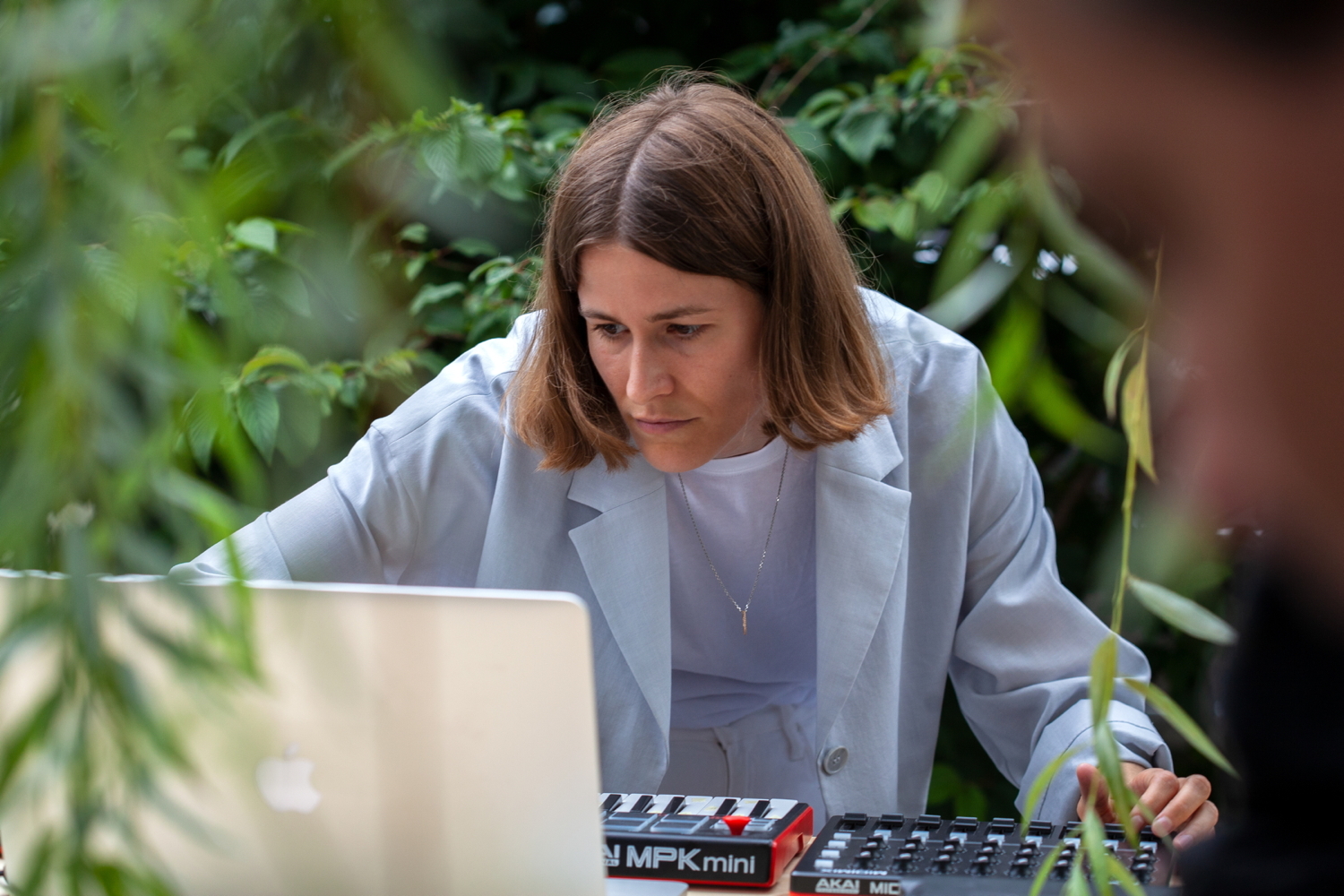
Martina Lussi, Martina Lussi on Bandcamp, Serrinha Do Alambari (Vinyl), Research project „Birdscapes“, Artspace sic! Elephanthouse in Luzern, Compilation: „Synthetic Bird Music“
Upcoming events:
18.05.2024 – Concert in Tbilisi (Georgia), Left Bank
24.05.2024 – Moa Espa, Geneva (Soundwalk)
18.06., 19:30 Uhr – Dampfzentrale Bern (WP Proximity with Ensemble Proton, + open rehearsal on 17.06.)
23.06., 17 Uhr – Postremise Chur
neo-profile: Martina Lussi


